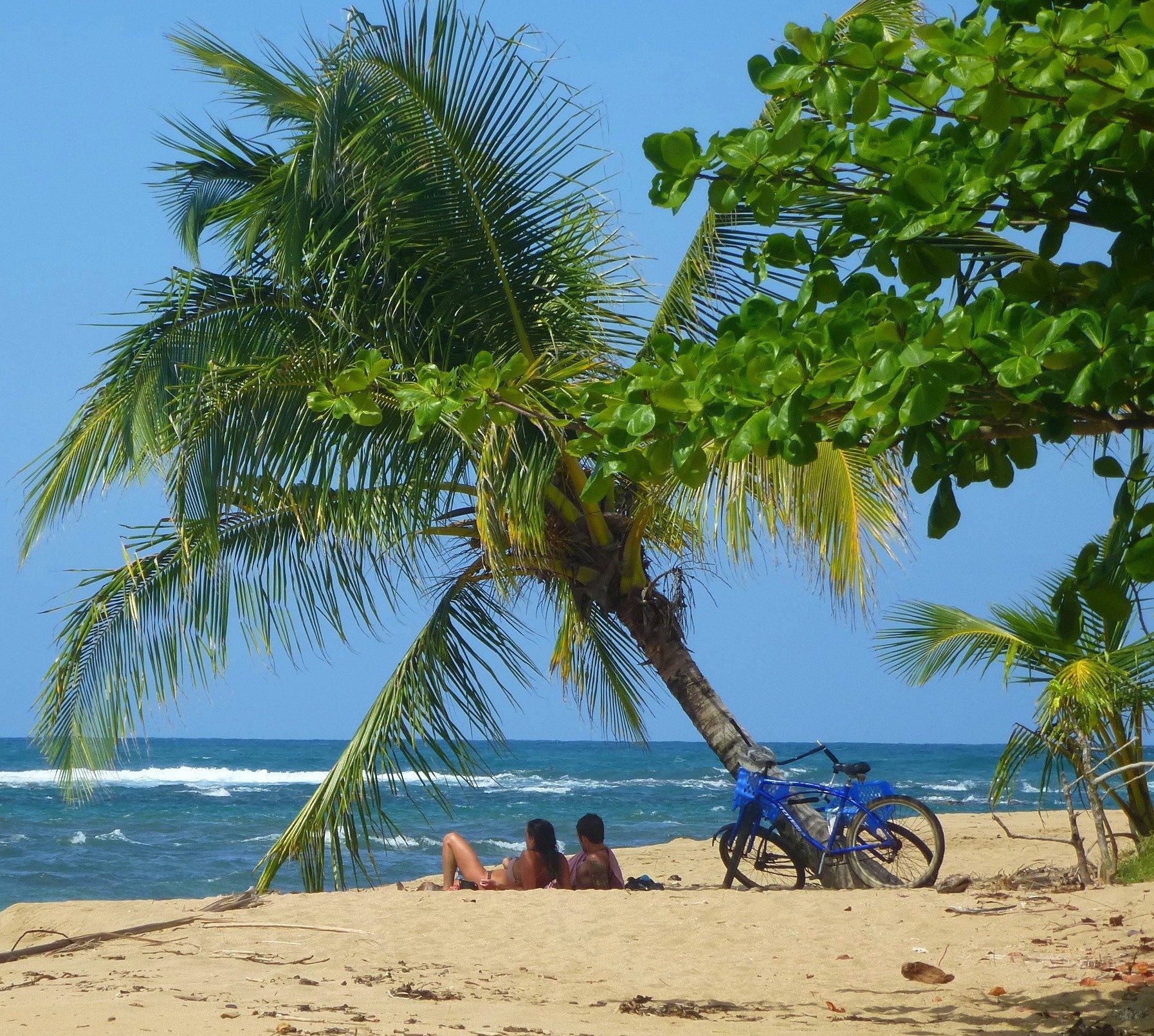QCOSTARICA ( From Confidencial) The statements by Costa Rica President Rodrigo Chaves, emphasizing the Nicaraguan nationality of a detainee suspected of the murder of a police officer in Costa Rica – made on Thursday, January 25 – have unleashed xenophobic comments on social networks, and raised alarms among those who warn of the danger of link the Costa Rican insecurity crisis with migration, especially because official data show that there is no disproportion between the percentage of the Nicaraguan population in Costa Rica and the detainees of that nationality for different crimes, despite the fact that Costa Rica closed 2023 with a worrying record of 907 homicides.
Early on January 25, in Herradura de Jacó, in the province of Puntarenas, Costa Rican Public Force officer Bryan Josué Rivera Oviedo, 28, died after being shot in the head, and other officers were injured. The Minister of Public Security, Mario Zamora, regretted the death of the officer and described the incident as “a new stage” of greater severity in the organized crime scene in Costa Rica.
Less than a week before, on January 18, the same Minister Zamora confirmed the murder of another police officer: Jordy Rojas Zúñiga, also 28 years old, in the province of Limón. In the case, three suspects were arrested – and later released – whose nationality was not specified.
– Advertisement –
Zamora reported that in the operations for the case in Puntarenas, two suspects and thirty other people were arrested, including a minor. He added that the suspects have police records for crimes of homicide, aggravated robbery, illegal carrying of weapons and usurpation. Costa Rican media reported that both suspects are Nicaraguan.
The president’s statements and their “erroneous connection”
That same afternoon, President Chaves recorded a video to mourn the officer’s death, extended condolences to his loved ones, and emphasized the Nicaraguan nationality of one of the suspects and his long criminal history. Later, he complained about the impossibility of deporting foreigners who have committed crimes in Costa Rica.
“My fellow countrymen, how is it that we cannot deport people from other countries who come to do evil here, to murder, to threaten, to put our population at risk, to traffic drugs? I reiterate the call to the three powers of the Republic to end insecurity in the country,” said Chaves.
El Presidente Rodrigo Chaves Robles lamenta la muerte del oficial Bryan Rivera Oviedo y extiende a sus familiares, amigos y compañeros sus más sentidas condolencias pic.twitter.com/BTXDXucphZ
— Presidencia de la República 🇨🇷 (@presidenciacr) January 25, 2024
The Costa Rican lawyer specializing in immigration issues, Daguer Hernández, believes that President Chaves wrongly establishes a connection between criminals and deportations.
The specialist, who was deputy director of the Directorate of Immigration and Immigration, explained that if a foreigner commits a crime in Costa Rica, he must be prosecuted and punished within Costa Rican borders. “The punishment and trial must take place in the country where the crime was committed, thus ensuring a territorial application of justice,” he explained.
– Advertisement –
Xenophobic interpretations multiply on social networks
After the president’s statements, xenophobic comments have increased on social networks. Some point to Nicaraguans or migrants as the cause of insecurity, and others question the functioning of the justice system and blame organized crime.
Specialists on migration issues consulted by Nicas Migrantes from CONFIDENCIAL agree that the president is trying to divert attention from his responsibility in the search for solutions to insecurity, by emphasizing the nationality of those detained in a case.
In the first 25 days of 2024, Costa Rica accumulates 54 homicides, according to data from the Judicial Investigation Organization (OIJ), which is equivalent to twelve less than the total reported in the same period in 2023.
“Emphasizing a homicide committed by a Nicaraguan, on whom the weight of the law should fall, is the old resource of blaming migrants for the country’s problems,” says Carlos Sandoval, a sociologist specializing in immigration issues and researcher at the University of Costa Rica (UCR).
– Advertisement –
Sandoval comments that the case, like many other homicides, produces enormous sadness and deserves all the repudiation, but points out that the vast majority of homicides are committed by young Costa Rican men.
The Unprecedented Insecurity Crisis in Costa Rica
In the special report Nicas is experiencing “the most violent year” in Costa Rica between shootings and drug sales, published at the end of November 2023, the Nicas Migrantes team requested and analyzed statistics from the Judicial Investigation Agency (OIJ) on the citizen insecurity in Costa Rica. Among these: the number of homicides from 2017 to 2023, the nationality of the victims and perpetrators and the number and nationality of the prison population.
Official data revealed that 71 of the 678 homicides recorded between January and September 2023 were Nicaraguan.
Furthermore, statistics reflected that Nicaraguans, both as victims and perpetrators, have invariably been between 9% and 11%, which is proportional to the total number of Nicas living in Costa Rica.
Likewise, the percentage of Nicaraguans among the prison population between 2018 and 2023 is also approximately 10% or 11% annually, with a total of 1,703 prisoners of Nicaraguan nationality until September 2023.
Costa Rican sociologist Carlos Sandoval believes that “the idea that foreigners are responsible for violence has lost credibility.”
The president of the Center for Social Rights of Migrants (Cenderos), Adilia Eva Solís, recommends that reflection on the incident go beyond the nationality of the criminals, and focus on recognizing the structural problems experienced in Costa Rica, such as deficiencies in the application of justice, the approaches of the Judiciary and the lack of an effective Government strategy to combat organized crime.
Article translated from Spanish published in Confidencial.digital
– Advertisement –
Source link
Rico



